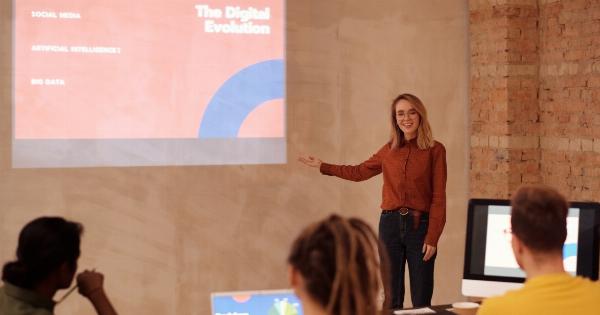Do you often forget where you parked your car, or where you put your keys? Do you struggle to remember important dates, like birthdays or anniversaries? If so, you’re not alone.
Memory loss is a common problem that affects many people, especially as they get older. But what if there was a “trick” that could help stimulate your memory and improve your ability to remember things?.
The Science of Memory
Before we dive into the “trick” for stimulating memory, let’s take a closer look at how memory works. Memory is the ability to store, retain, and retrieve information.
There are three main types of memory: sensory memory, short-term memory, and long-term memory.
Sensory memory is the immediate, brief recording of sensory information in the memory system. This type of memory lasts only a fraction of a second to several seconds.
Short-term memory is the temporary storage of information that is currently being used or processed. This type of memory typically lasts only a few seconds to a minute. Long-term memory, on the other hand, is the continuous storage of information over an extended period of time. This type of memory can last for days, months, or even years.
When we form a memory, information is first processed in our sensory memory. If we pay attention to this information and process it further, it moves into our short-term memory.
If we continue to rehearse and repeat this information, it eventually makes its way into our long-term memory.
The “Trick” for Stimulating Memory
So, what is the “trick” for stimulating memory that scientists have discovered? It’s called the “generation effect.” This term refers to the idea that we remember information better when we generate it ourselves rather than simply reading or hearing it.
For example, let’s say you’re trying to remember a phone number. If you simply read the number over and over again, you might be able to remember it for a short time.
But if you take the time to actively generate the number yourself, say by breaking it down into smaller chunks or associating it with something else, you’re more likely to remember it for a longer period of time.
The generation effect has been studied extensively in the field of psychology. In one study, researchers asked participants to read pairs of words and either repeat them or generate a third word that was related to both of the initial words.
The participants who generated the third word were much more likely to remember the word pairs later on.
So why does the generation effect work? One theory is that it helps to create stronger connections between different pieces of information in our brains.
When we actively generate information ourselves, we’re engaging in a process called elaborative rehearsal, which involves relating new information to other information we already know. This helps to create more complex, meaningful associations in our brains, which in turn makes the information easier to retrieve later on.
Other Ways to Stimulate Memory
While the generation effect is a powerful tool for stimulating memory, there are other things you can do to improve your memory as well. Here are a few techniques to try:.
1. Rehearse information.
If you want to remember something, the best way to do it is to rehearse it over and over again. This can involve repeating the information out loud, writing it down, or visualizing it in your mind.
The more you rehearse the information, the more likely you are to remember it later on.
2. Use visual aids.
Visual aids like diagrams, charts, and graphs can be a helpful way to remember information. When we see information presented in a visual way, it can be easier to organize and remember.
Try creating your own visual aids to help you remember important information.
3. Get enough sleep.
Sleep plays a crucial role in memory consolidation, which is the process by which new information is transferred from short-term to long-term memory. If you’re not getting enough sleep, you may have trouble retaining new information.
4. Reduce stress.
Stress can interfere with memory by affecting the hippocampus, which is the part of the brain involved in memory formation. Try to reduce stress in your life by practicing relaxation techniques like deep breathing or meditation.
5. Exercise regularly.
Exercise has been shown to improve memory and cognitive function. Try to get at least 30 minutes of moderate exercise most days of the week.
Conclusion
The “trick” of the generation effect is just one of many strategies you can use to improve your memory.
By taking an active, engaged approach to learning and remembering, you can create stronger connections in your brain and retain information more effectively. Try incorporating some of these techniques into your daily routine and see how they work for you!.






























